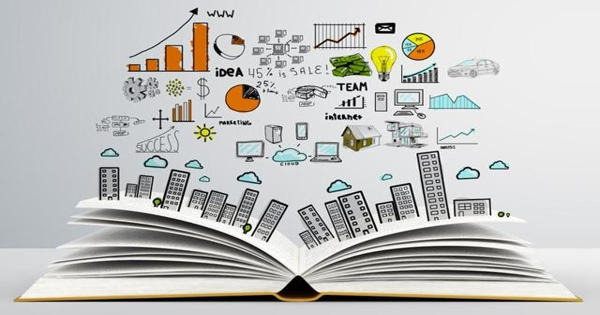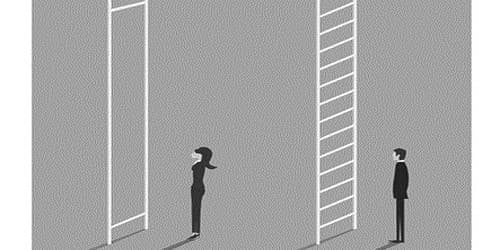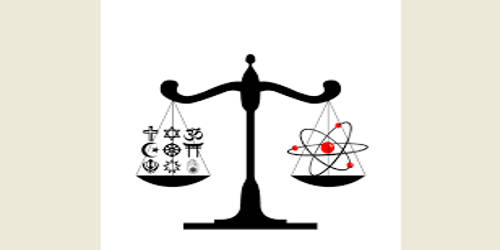What is the purpose of education? We seldom think of this. Briefly, the purpose of education is to bring about the physical, mental and social development of an individual. Education, if simply stated, means the process of gaining knowledge, inculcating forms of proper conduct, and acquiring technical competency. It involves the cultivation of an innocent mind, the instilling of values and principles in the minds of children. It includes the development of skills along with the achievement of one’s physical, mental, and social development. To put it in technical terms, education consists of defined phases starting from formal education that consists of primary, secondary, and higher education, and ideally, it never ends. The process of education that is believed to begin in the womb continues throughout life. While receiving education we seldom think of the purpose of education. We hardly think of the reason behind education. It is while we grow up that we begin realizing the purpose of education and understand its application in daily life. We begin to realize the purpose of education only after it begins finding applications in our professional and personal lives. Education continues through all the phases of our life as knowledge is oceanic and one can never claim to have acquired all of it.
Beliefs about the Purpose of Education: Education is believed to be responsible for the cultivation of a civilized society. Imparting education to the citizens enables the development of a responsible and thoughtful society. Education helps in imbibing moral and ethical values in the individuals and their education, in turn, helps in the creation of a healthy society that bears a deep understanding of principles and the philosophy of life.
Another purpose of taking education is to bring about progress in practical fields to enable each educated individual of society to earn a living. Education aims at making the individuals of society self-sufficient. Education of the various practical fields produces productive human resources, who can contribute to the creation of wealth for a country. While the people earn for their work, they are also creating something for their organization to make money on. Every organization is a part of the nation, thus sharing the nation’s responsibility of achieving monetary gains. Educated people can thus help their nation earn money while earning their daily bread.
The social development brought about by education is apparent in the abilities of an individual as a part of society. Education helps an individual to thrive in society, to interact with other social animals, and helps a person attain and maintain a certain degree of social well-being. During the process of education, one is always a part of a group, be it school or college. The process of education thus contributes to one’s interpersonal intelligence. The fundamental purpose of education is to teach a person to read and write. Reading goes a long way in life, providing the reader with experiences of life and training him/her to lead a meaningful life.
Bill Beattie, one of the famous authors and writers believes that education should teach us how to think, rather than telling us what to think. Eric Hoffer, an American social writer, believes in the main purpose of education being the implanting of a will and facility to learn. He believes that the purpose of education is to produce learning individuals and not necessarily learned ones. Bishop Creighton, on similar lines, states that education should aim at creating people who continually ask questions. By this, he means to say that education should nurture inquisitiveness and curiosity in individuals.
Education lays the foundation for the fulfillment of a person’s dreams and aspirations. Education helps a person meet his/her career objectives and achieve economic growth. Education builds a resourceful individual out of a raw human being. Education contributes to the cultivation of a prudent person and earns the personal satisfaction of having met his/her goals. Education results in a sense of personal fulfillment and paves the path for this feeling of fulfillment. An educated human being, having experienced the positive effects of education on his/her personality is bound to encourage the idea of education and effectively, educate his/her children. Hence one individual thus results in an educated family, taking education a long way along with the future generations. One of the beliefs about the purposes of education is that education aims at creating good teachers!
The true purpose of education is to bring about profoundness to one’s emotions, to broaden one’s perspectives and to lead to a healthier approach to looking at life.
















